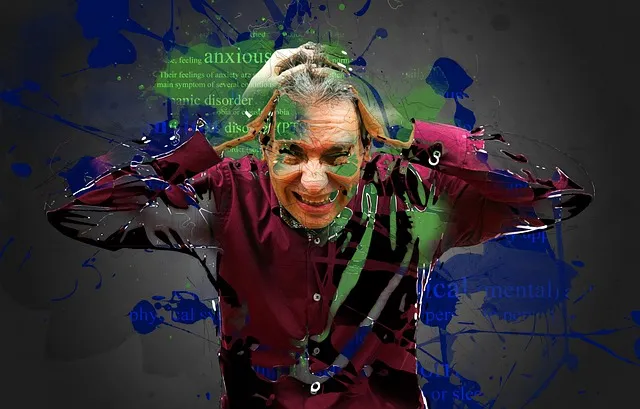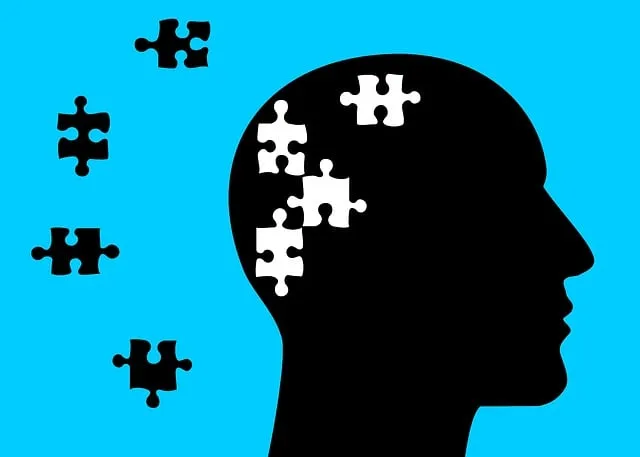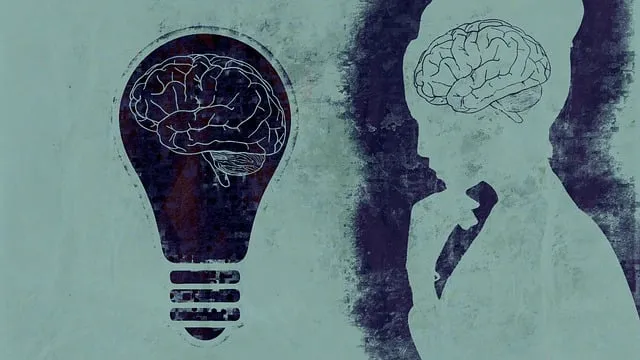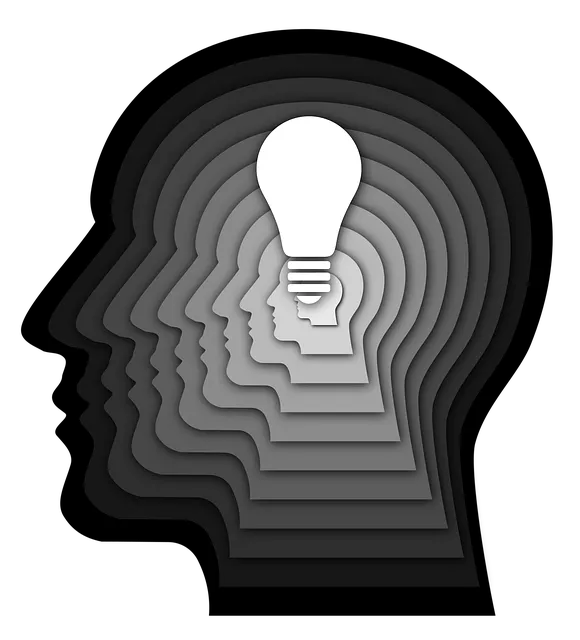Aurora Kaiser Permanente behavioral health services emphasizes emotional intelligence (EI) as a key tool for healthcare professionals, enhancing effective communication and patient relationships. Through comprehensive programs focusing on self-awareness, mindfulness, and coping skills, the organization empowers staff to manage emotions, understand diverse patient perspectives, and build strong connections. This holistic approach not only improves patient outcomes but also fosters a healthier work environment by mitigating burnout risks, reflecting Aurora Kaiser Permanente's commitment to both professional well-being and exceptional care.
Emotional intelligence (EI) is a powerful tool for effective communication and personal growth. In today’s interconnected world, understanding and managing emotions is more vital than ever. This article explores the concept of EI, highlighting its significance in various aspects of life. We delve into successful initiatives like Aurora Kaiser Permanente Behavioral Health Services, offering comprehensive EI development programs. Additionally, practical strategies are provided to help individuals enhance their emotional intelligence in daily routines.
- Understanding Emotional Intelligence: The Cornerstone of Effective Communication
- Aurora Kaiser Permanente Behavioral Health Services: A Comprehensive Approach to EI Development
- Practical Strategies for Enhancing Emotional Intelligence in Daily Life
Understanding Emotional Intelligence: The Cornerstone of Effective Communication

Emotional intelligence, a concept popularized by Aurora Kaiser Permanente behavioral health services, is the cornerstone of effective communication and interpersonal relationships. It involves understanding one’s own emotions and those of others, using this knowledge to guide thoughts and actions, and effectively managing and expressing them in a way that fosters positive connections. This skill set goes beyond mere emotional awareness; it encompasses skills like self-regulation, empathy, and social awareness—all vital for building strong, meaningful relationships both personally and professionally.
For healthcare providers, especially those participating in Cultural Competency Training, emotional intelligence is not just a desirable trait but a necessity. It allows them to connect with patients from diverse backgrounds, understand their perspectives, and provide more personalized care. Through Self-Awareness Exercises, healthcare professionals can improve their self-esteem and develop the ability to handle challenging situations with calmness and clarity. Ultimately, this translates into better patient outcomes and more fulfilling professional experiences, making emotional intelligence a key component of any successful healthcare practice.
Aurora Kaiser Permanente Behavioral Health Services: A Comprehensive Approach to EI Development

Aurora Kaiser Permanente Behavioral Health Services takes a comprehensive approach to emotional intelligence (EI) development, recognizing its vital role in mental health professional’s well-being and patient care. Through their innovative programs, they address not just EI building but also crucial aspects like risk assessment for mental health professionals, burnout prevention, and stress management. By integrating these strategies into their services, Aurora Kaiser Permanente empowers healthcare providers to enhance their emotional agility, improve patient relationships, and foster a healthier work environment.
This holistic approach involves tailored interventions designed to nurture self-awareness, empathy, and effective communication skills. Professionals are equipped with tools not just to navigate complex situations but also to recognize and mitigate potential risks of burnout, ensuring sustained resilience and passion in their careers. The result is a vibrant and resilient workforce capable of providing exceptional care, reflecting the dedication and commitment inherent in the mission of Aurora Kaiser Permanente Behavioral Health Services.
Practical Strategies for Enhancing Emotional Intelligence in Daily Life

Building emotional intelligence (EI) is a valuable skill that can significantly enhance our daily lives. At Aurora Kaiser Permanente behavioral health services, we recognize the profound impact EI has on various aspects of well-being. Here are practical strategies to foster emotional intelligence:
Engaging in regular self-reflection allows individuals to better understand their emotions and triggers. Practicing mindfulness meditation techniques enables one to stay present, increasing awareness of both internal feelings and external cues. Incorporating these practices into daily routines can facilitate healthier responses to stressful situations. Additionally, developing strong coping skills is essential for managing emotions effectively. This involves learning relaxation techniques, such as deep breathing exercises or progressive muscle relaxation, which can help calm the mind and body during challenging times.
Coping Skills Development, Mental Health Policy Analysis and Advocacy, and Mental Wellness Coaching Programs Development are all integral parts of enhancing EI. By participating in these initiatives, individuals gain tools to navigate emotional landscapes with resilience. Such programs often include education on emotional recognition and empathy, crucial components of effective communication and relationship-building.
Emotional intelligence, as demonstrated through the comprehensive programs at Aurora Kaiser Permanente Behavioral Health Services, is a vital skill that enhances communication and overall well-being. By understanding emotional responses and managing them effectively, individuals can navigate relationships and challenges with greater ease. Implementing practical strategies from daily life to professional settings, as outlined in this article, fosters personal growth and contributes to a more harmonious and productive environment.






